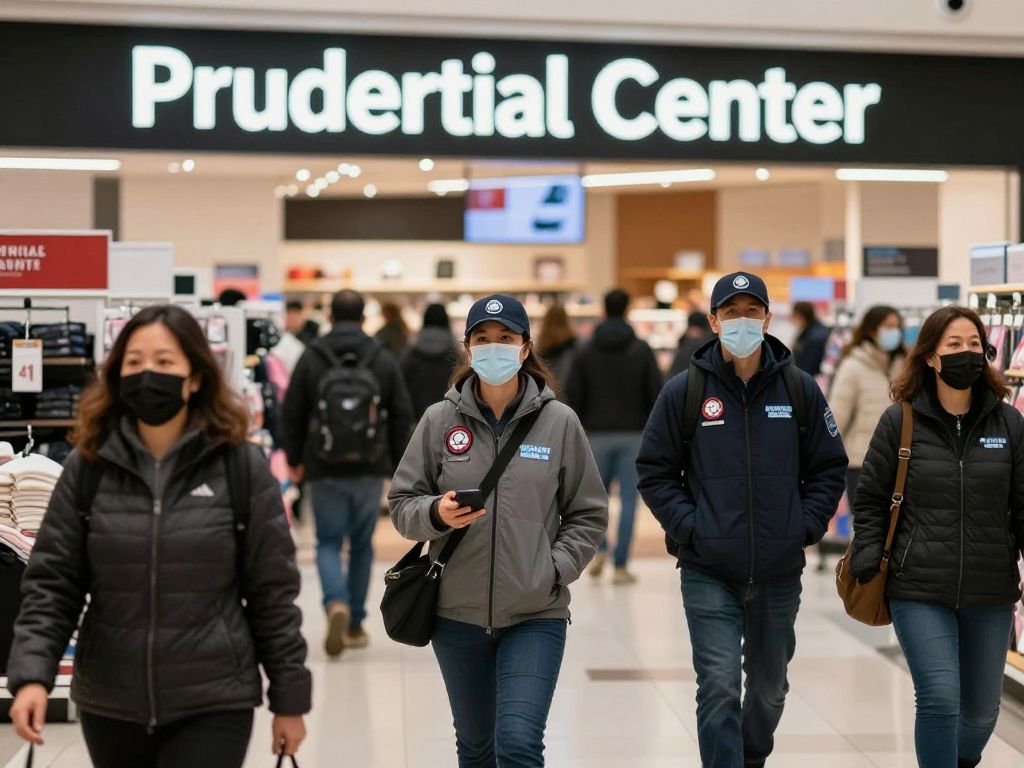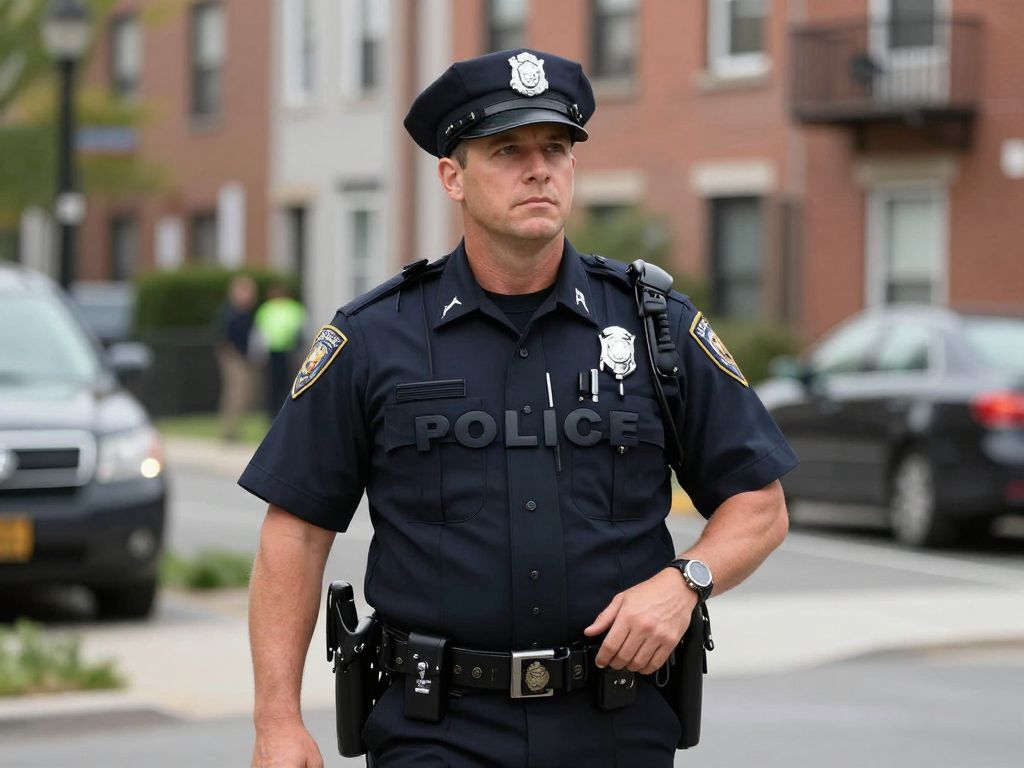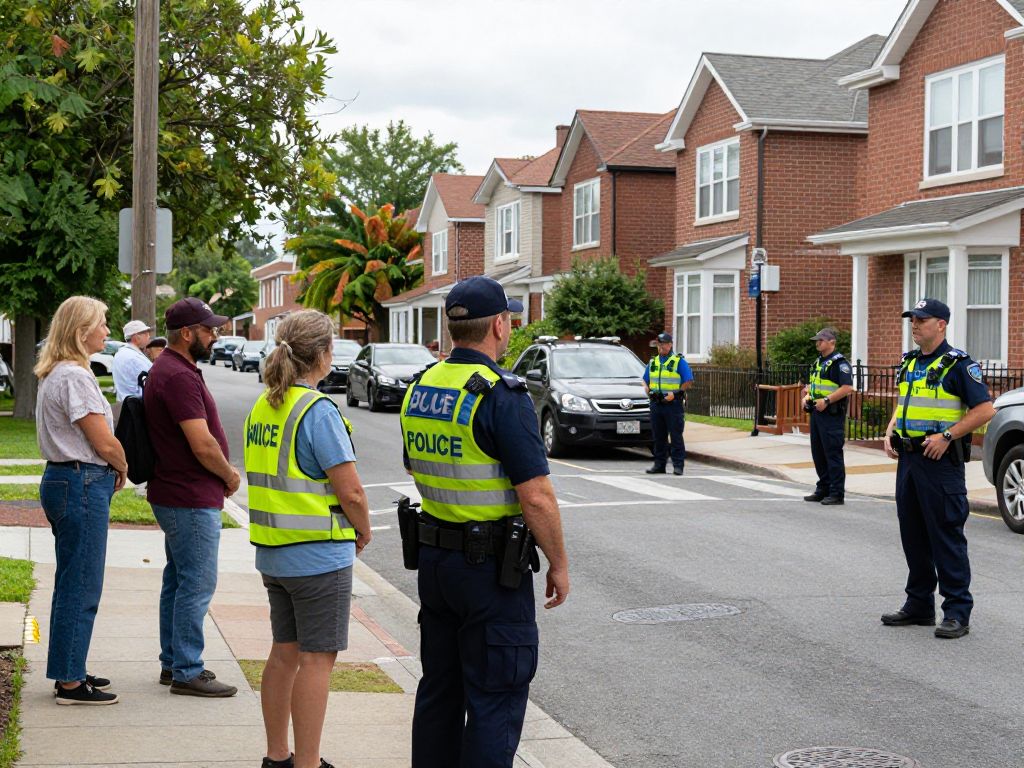News Summary
Massachusetts lawmakers are deliberating the repeal of a 40-year-old happy hour ban that restricts drink specials in bars and restaurants. Led by Senator Julian Cyr, the proposed legislation aims to allow local governments to permit happy hour discounts, citing changes in DUI laws and the rise of ride-sharing services. While supporters argue this could boost local economies, critics voice concerns over potential increases in irresponsible drinking behaviors. The debate highlights complex issues surrounding public safety, local business viability, and the nightlife experience in the state.
Boston, Massachusetts – Massachusetts lawmakers are considering the repeal of a 40-year-old ban on happy hour promotions, which has prohibited discounted drink specials in bars and restaurants since 1984. Senator Julian Cyr, a Democratic representative from Provincetown, is leading the effort through his bill, Senate 217, aimed at allowing local governments the option to permit happy hour discounts during specified hours.
The introduction of the bill comes as Massachusetts remains the only state in the U.S. with a complete prohibition on such promotions. The original ban was initiated as part of a national campaign to curb drunk driving incidents, particularly in response to tragic events, including the death of a young woman linked to a bar promotion. However, with advancements in DUI laws, the emergence of ride-sharing services like Uber and Lyft, and improvements in seatbelt laws, advocates for the repeal argue that the rationale behind the ban is outdated.
On February 27, the bill was referred to the Joint Committee on Consumer Protection and Professional Licensure for consideration. If passed, it would require municipalities across the state to opt in before local establishments could offer happy hour specials. Supporters of the bill believe that happy hour could be a valuable tool to boost bar and restaurant traffic, especially during off-peak times, aiding in the revitalization of local economies.
Despite this support, the Massachusetts Restaurant Association has voiced its opposition, expressing concern that happy hour promotions could create additional challenges for restaurants, particularly as they grapple with increasing costs and staff shortages. Critics warn that such promotions may lead to irresponsible drinking behaviors and contribute to a culture of binge drinking, although proponents counter that responsible business practices and proper staff training can mitigate these risks.
Senator Cyr stresses that his proposal is voluntary and intended to enhance foot traffic, especially in tourist-heavy regions like Cape Cod. The bill has garnered support from various restaurant owners who perceive happy hour as a means to engage customers during times of diminished business activity.
Historical data shows a noticeable decline in alcohol-related offenses since the ban was enacted, which has led to further scrutiny of the happy hour prohibition. Mothers Against Drunk Driving (MADD) has not publicly taken a stance on the bill, emphasizing the necessity of prioritizing public safety in these discussions.
Moreover, Massachusetts has experienced significant population loss in recent years as residents, particularly younger individuals seeking vibrant nightlife options, migrate to states with more appealing social opportunities. Many young people believe the lack of happy hour limits their nightlife options and ultimately raises the costs associated with going out.
Current Massachusetts law does allow for discounted alcohol promotions during the full week, providing a loophole that some establishments exploit to circumvent the happy hour restrictions. The ongoing debate surrounding this bill not only focuses on the economic ramifications for local businesses but also touches upon larger societal issues regarding public health and community vibrancy.
In conclusion, the proposed repeal of the happy hour ban in Massachusetts is a multifaceted issue that intertwines questions about economic vitality, public safety, and the nightlife experience in the state. As the Joint Committee on Consumer Protection and Professional Licensure prepares to consider the bill, stakeholders from various sectors will be watching closely to determine the potential impact on Massachusetts’s social landscape.
Deeper Dive: News & Info About This Topic
- Cape Cod Times: Happy Hour Offseason for Cape Cod Businesses
- Wikipedia: Historical Alcohol Prohibition in the United States
- The Crimson: Massachusetts’ Happy Hour Discussion
- Google Search: Massachusetts happy hour laws
- Boston Globe: Happy Hour Legislation in Massachusetts
- Google Scholar: Happy Hour Promotions Economics
- Hunt News: Massachusetts Outdated Happy Hour Ban
- Encyclopedia Britannica: Drunk Driving
- Eater Boston: Happy Hour Drink Deals in Massachusetts
- Google News: Massachusetts happy hour ban

Author: STAFF HERE BOSTON WRITER
The BOSTON STAFF WRITER represents the experienced team at HEREBoston.com, your go-to source for actionable local news and information in Boston, Suffolk County, and beyond. Specializing in "news you can use," we cover essential topics like product reviews for personal and business needs, local business directories, politics, real estate trends, neighborhood insights, and state news affecting the area—with deep expertise drawn from years of dedicated reporting and strong community input, including local press releases and business updates. We deliver top reporting on high-value events such as Boston Marathon, Head of the Charles Regatta, and Boston Harborfest. Our coverage extends to key organizations like the Greater Boston Chamber of Commerce and Associated Industries of Massachusetts, plus leading businesses in finance, biotech, and insurance that power the local economy such as Fidelity Investments, Biogen, and Liberty Mutual Insurance. As part of the broader HERE network, we provide comprehensive, credible insights into Massachusetts's dynamic landscape.





